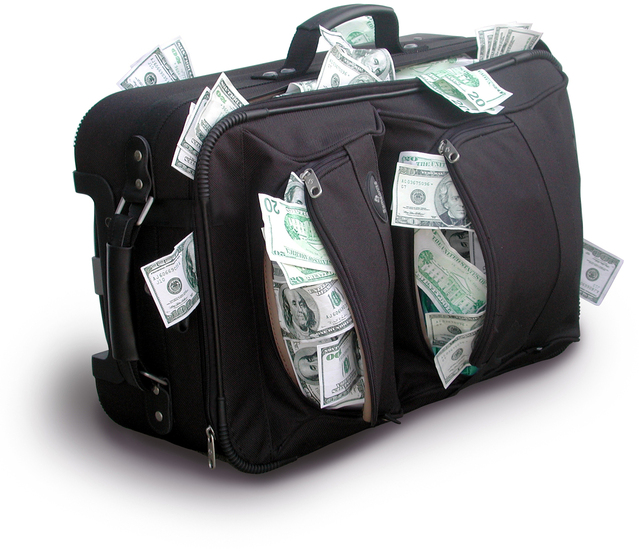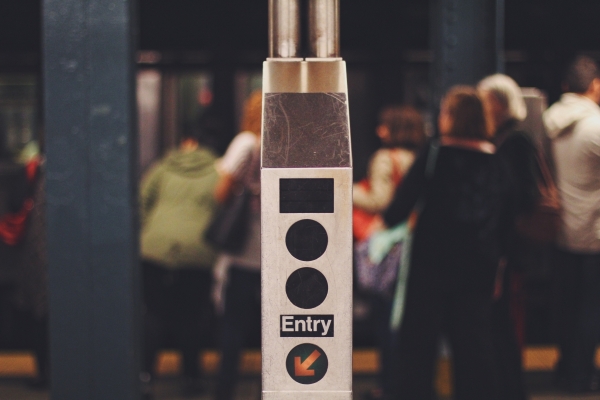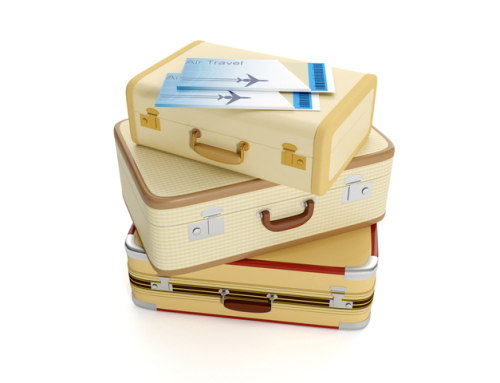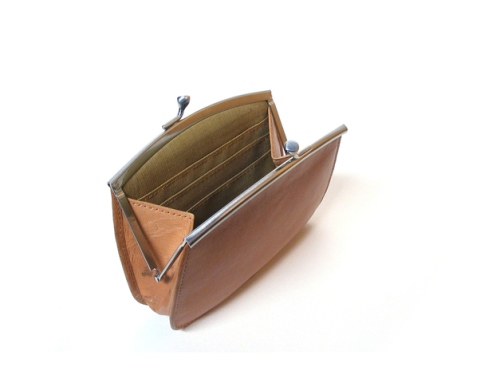Traveling money, especially for your honeymoon, destination wedding or vacation is something you should consider in advance.
What traveling money is best? Here is the low down:
Credit Cards
Plastic is the most popular payment choice. Credit cards offer convenience and you receive an itemized statement of all you’ve spent while on your trip. Credit cards typically provide the best exchange rates, as well as theft and fraud protection.
All though, many credit-card companies have increased their foreign transaction fees, these charges add up quickly if you’re using the card to pay for several purchases each day Also, many international stores will charge higher prices as a way to pass along the cost of accepting the cards. You may find this in the states as well where cash is king.
Make sure to call your credit-card companies and ask about their foreign transaction policy and fees—you can save a lot of money by using the card with the best rates. If you intend to use your card to make withdrawals from ATMs while you’re traveling, make sure your PIN is four digits long, because many foreign machines don’t accept longer numbers. Do not forget to call to tell your credit-card company when and where you’ll be traveling, so your account isn’t frozen for “unusual activity” during your trip.
Debit Cards
Debit cards deduct money from your checking or savings account are a popular option for travelers. They offer many of the same conveniences as a credit card—easy access to cash, a huge array of vendors who accept them, good exchange rates and a record of what you’ve spent—without running up high-interest debt.
However, each bank whose ATM you’ll use has its own rules and fees, so your options may vary from machine to machine. Also, ATMs have a daily limit on withdrawals, regardless of your account balance. Debit cards also may not provide the same protection against theft that credit cards offer. If you are renting a car, rental-car companies will not accept debit cards.
Make sure there are ATMs that will accept your card where you’re headed. Your bank can help you find out where you can locate machines that will accept your debit card . Also, ask your bank whether you’ll be protected if the debit card is lost or stolen.
Traveler’s Checks
Traveler’s checks, which can be purchased in most foreign currencies and can be replaced if they are lost or stolen. One of their major advantages is that they work when credit or debit cards might not.
However, merchants increasingly prefer to receive payment by credit card, traveler’s checks are not as widely accepted as they once were. Traveler’s checks are still easily exchanged at large hotels, attractions and shops in major cities, but do not count on the smaller vendors and shops.
It can take several days to process an order for traveler’s checks in a foreign currency, so plan ahead to purchase them. And shop around before you buy: Though there are fees for buying traveler’s checks, many banks will process them for their customers at no charge, and AAA will order checks for its members for free. When you receive your checks, make special note of the policy regarding how they will be replaced if they are lost or stolen—you may need to keep a copy of them, or of their serial numbers, in your suitcase or in your files back home.
Cash
Cash is king. You can take U.S. dollars with you when you head off on your honeymoon and exchange them for local currency when you or exchange your money for your destination’s currency before you leave. Having dollars in your can come in handy in an emergency—most places will accept U.S. currency as a form of payment, even those that don’t take credit cards or traveler’s checks.
You also won’t have to change any leftover funds when you return home from your trip. So it makes sense, whatever you do, to keep at least some of your money in dollars. On the other hand, a wallet full of local currency gives you the freedom and flexibility to get whatever you want or need from the moment your flight lands in your destination, without any money-exchange hassles.
However, if your cash is lost or stolen, you’re out of luck. It also can be time-consuming to seek out the best place to exchange your money. Try to make time to change money before you leave the U.S.. Shop around at your local banks to find the best exchange rates and fees as airports may charge higher fees.








